The X-Men are always a topic of discussion. Even more so recently as Disney bought the film rights to Marvel’s mutants in 2019, along with everything else owned by 21st Century Fox. This was followed soon after in late 2019 by Jonathan Hickman’s relaunch of the X-Men with his House/Powers of X series. The prospect of the X-Men’s new status quo and their eventual introduction into the MCU is very exciting for everyone. However, do they need to join the MCU? Better yet, haven’t the X-Men proven they belong in their own universe time and time again?
Setting the X-Men Aside
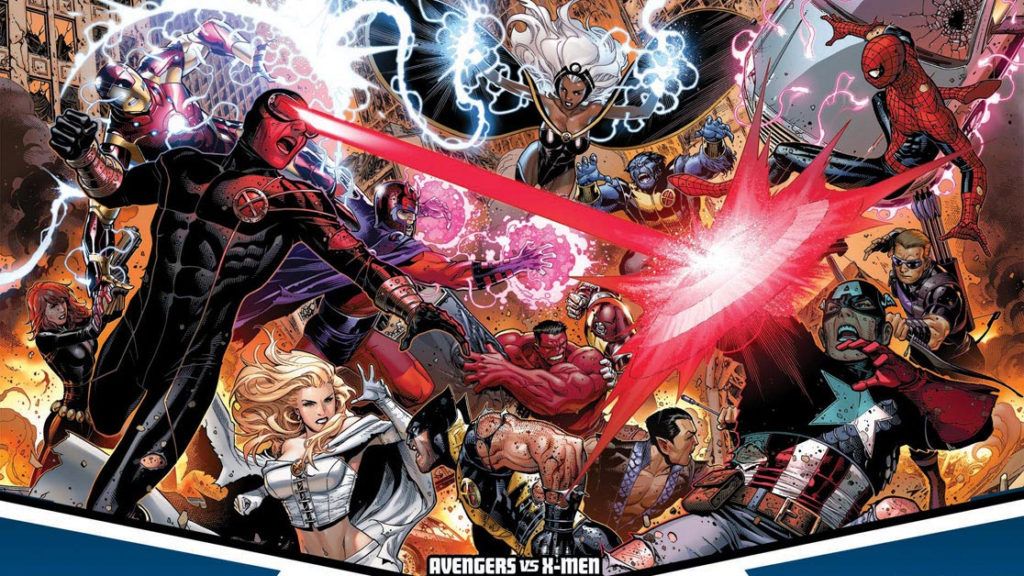
I’ll admit that I’ve had a casual affair with the X-Men over the years. I’m a Spider-Man boy after all. Like most, I’ve grown up on all the animated series to come out since the 90s. Meanwhile, as a 10-year-old in the early 2000s, I couldn’t help but be caught up in the craze of the X-Men films. On the comics side, I’ve jumped in and out of the series that held my interest over the years (X-23, Grant Morrison’s New X-Men, Uncanny, Avengers vs. X-Men, etc.).
While I might not be as well versed in X-Men lore as most, a couple of things will always stick out. One, the brand is strong. The X-Men don’t just have staying power, they’re the rockstars of the Marvel universe. They have more popularity than the Avengers and as much as Spider-Man. It’s no wonder they’re one of the first Marvel heroes to spawn a successful movie franchise.
The second and most important thing that I noticed is that X-Men is a universe all on its own. They don’t need to be connected to the rest of the Marvel Universe. While it’s cool that they do crossover every once in and a while, they certainly don’t need to live on the same earth as the rest of the heroes. In fact, being part of the regular Marvel 616 comics and joining the MCU might do their stories a disservice.
In the Comics
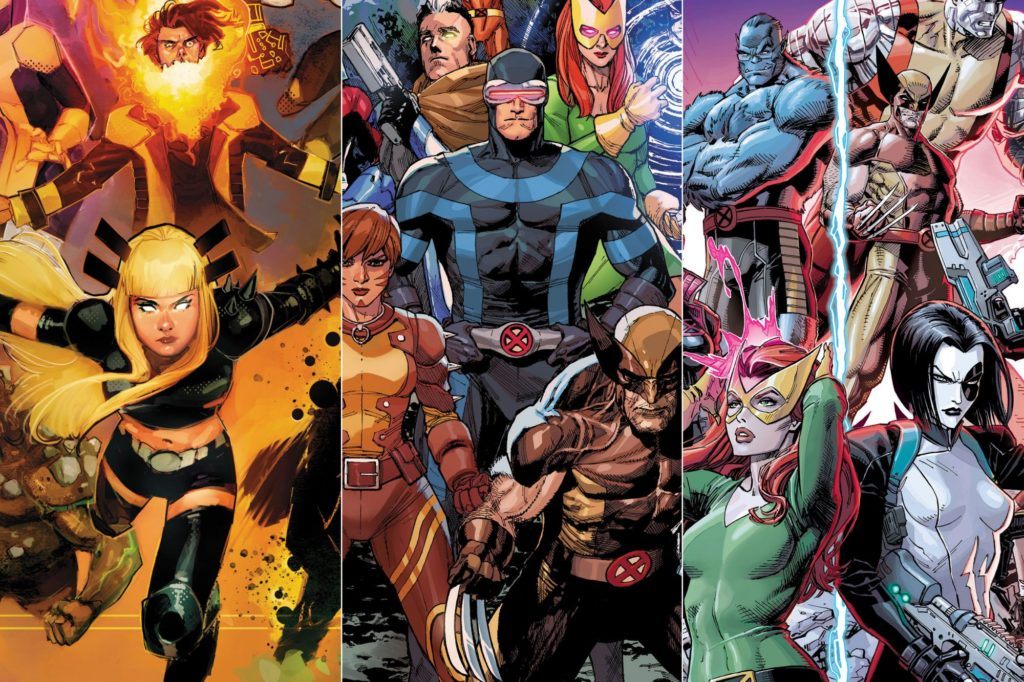
Here’s my biggest concern. Have the X-Men ever benefited from being in the same universe as the rest of Marvel’s heroes? Not really. It’s cool seeing characters like the Hulk and Wolverine go toe to toe and a cameo from Spider-Man every so often is fun but it’s never really impacted their stories. That’s because the mutants and their stories are so grand in scale that they stand out on their own.
The variety of the mutant world is expansive and so different that you can practically put them in any genre. Just look at the current slate of ongoing X-Men books. Let’s put it in a list for perspective:
- X-Men
- X-Force
- New Mutants
- Excalibur
- Marauders
- X-Factor
- Hellions
- Cable
- Juggernaut
- Wolverine
Am I missing anything? I don’t think so. Adding the Avengers and all the other heroes of the world have never truly created anything iconic for me. I even go as far as to say that mutants and heroes like the Avengers and Fantastic Four don’t mesh together as well as we like to think. Let’s look at a book like Avengers vs. X-Men, where the two groups go head to head over the arrival of the Phoenix Force. It’s the only time where the characters like the Avengers are concerned about mutants and their affairs.
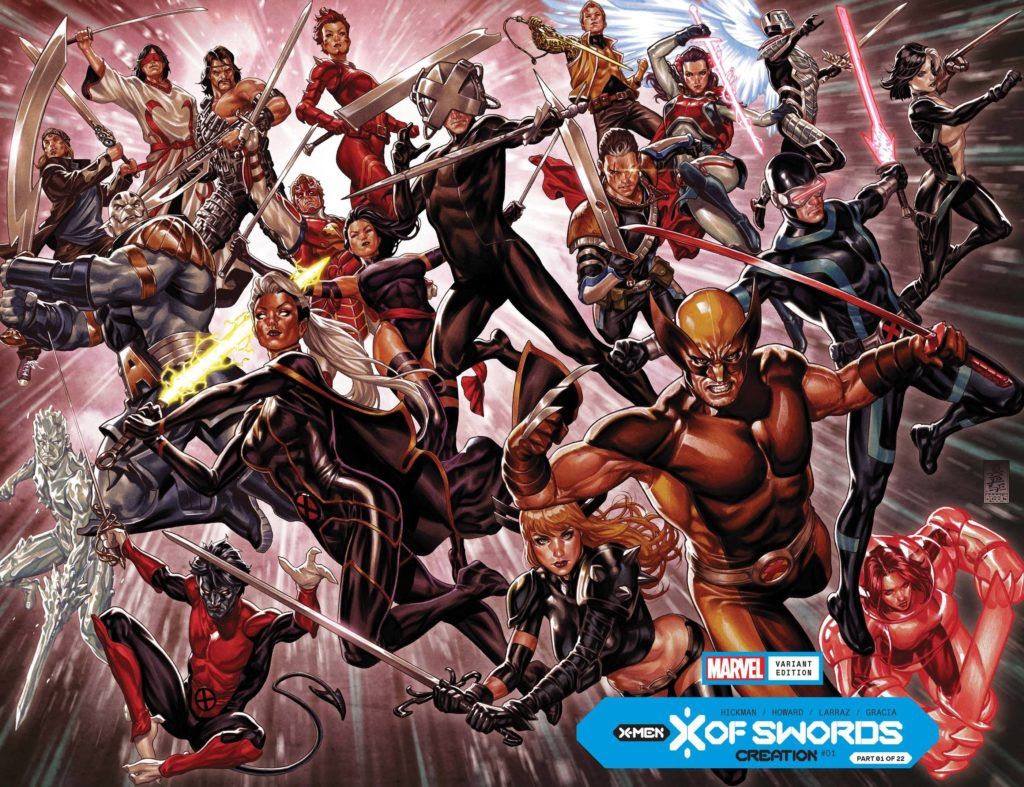
When you think about the discrimination, prejudice, and violence that mutants face on a daily basis in the 616 Marvel universe, isn’t it a little strange that the Avengers, world-saving champions who avenge the wronged, just stand ideally by? That the only time they approach the X-Men is when they want to use a cosmic force to survive years of oppression? It paints the Avengers just as badly as the X-Men’s worst enemies. It’s a disservice to both groups in the end.
Over the years, whatever attempts writers have made to integrate both groups and make them feel like a part of the same world are quickly backpedaled. Scarlet Witch and Quicksilver have been retconned over and over when it comes to their parentage and status as mutants. Recently, Dan Slott revealed that Franklin Richards, son of Mr. and Mrs. Fantastic, is not actually a mutant. He only used his reality-altering powers to make himself appear as one genetically. It feels like Marvel can make connect the two as well as they may want to.
Arrival in the MCU

The MCU is another dilemma for Marvel’s mutants. The complexities of film rights left the X-Men and Fantastic Four off-limits during the creation of the MCU. Ultimately, the MCU had to build a world of superheroes without its most popular characters. 12 years later, Disney and Marvel Studios have full access to the X-Men and their characters. However, there are 10 years worth of lore established within the MCU, and adding mutants to it gets a little tricky.
How do you go about explaining characters who are born with powers during puberty? If mutants have existed over the years within the MCU all along, that would have to be the best-kept secret ever. Wouldn’t we have heard about people all over the world randomly gaining powers? Where were the X-Men during Infinity War and Endgame, when the whole world was essentially at war?
There is so much that is complicated about adding the X-Men to the MCU so late in the game that it could go so wrong. The MCU could go another route and try to establish mutants as a newfound phenomenon. However, it gets harder to establish characters like Professor X and Magneto, two figures who lead through their years of experience being mutants and facing hardships. Creating an origin story for mutants in the MCU doesn’t seem like a route that Marvel Studios wants to go, especially when audiences know so much about the X-Men already.
A World of Mutants
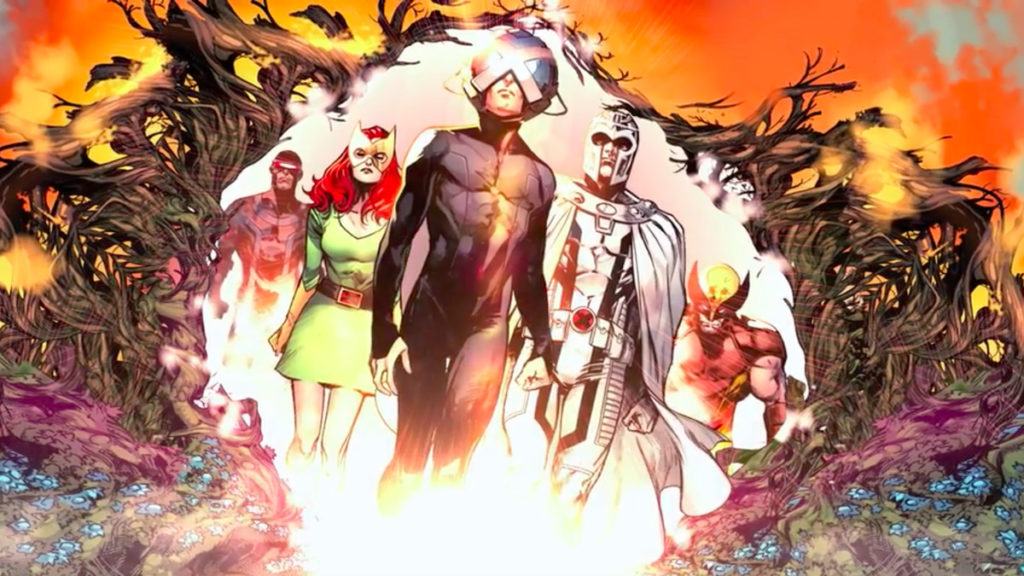
The solution is clear. In both the comics and the movies, mutants need to exist in their own universe. It not only simplifies things but it gives X-Men and the Avengers’ stories room to breathe. In the pages of Jonathan Hickman’s X-Men, the group already feels like they exist in another world. Very little of that journey involves the Avengers or any other groups. They also have enough books to start their own line of comics.
Following that same line of thinking, the X-Men have enough material to start it’s own universe in film. In fact, Fox’s previous X-Men movies have already proven that fact. Separating the two would uncomplicate matters. With upcoming projects like Wandavision and Dr. Strange and the Multiverse of Madness, the multiverse is being introduced to the MCU. Putting the X-Men in a separate universe is an avenue that they can explore and leaves the possibility for crossovers still on the table.
I’m just as excited about the X-Men in the hands of Marvel Studios but not because they would be joining the MCU. It’s because (and let’s be honest here) the quality of Fox’s X-Men movies were relatively hit or miss. Marvel Studios has proven time and time again that they care for the quality of their film. So, why not give the X-Men the space they deserve to shine as best as they can?
Want to get Black Nerd Problems updates sent directly to you? Sign up here!
Follow us on Twitter, Facebook and Instagram!


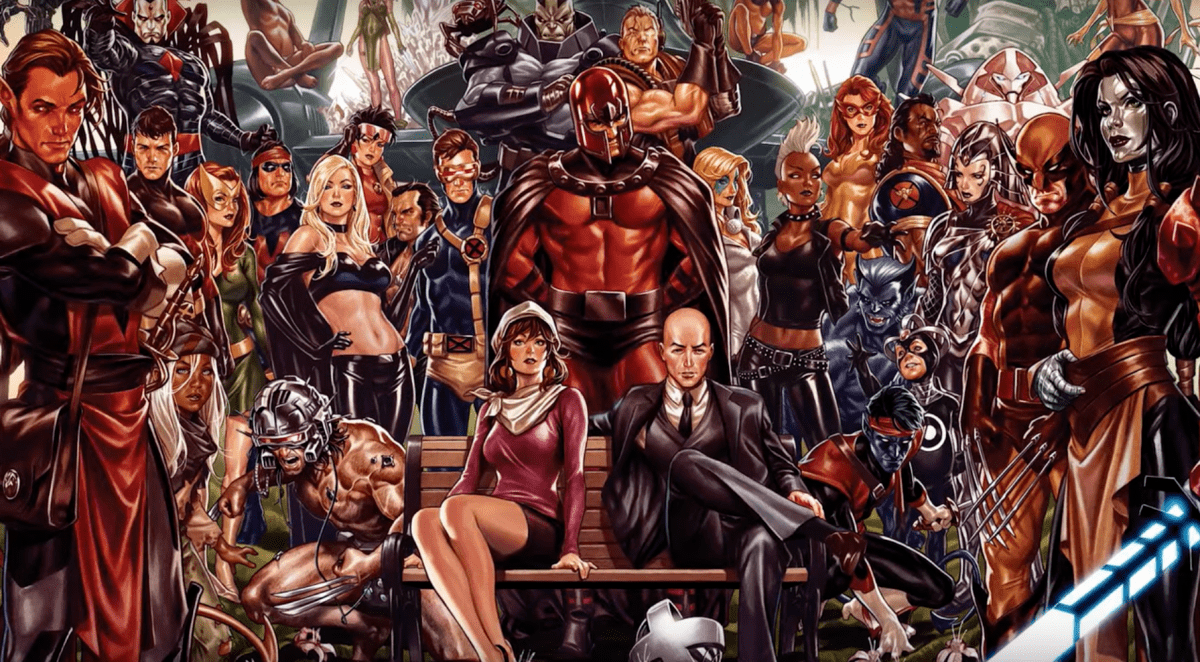
Show Comments